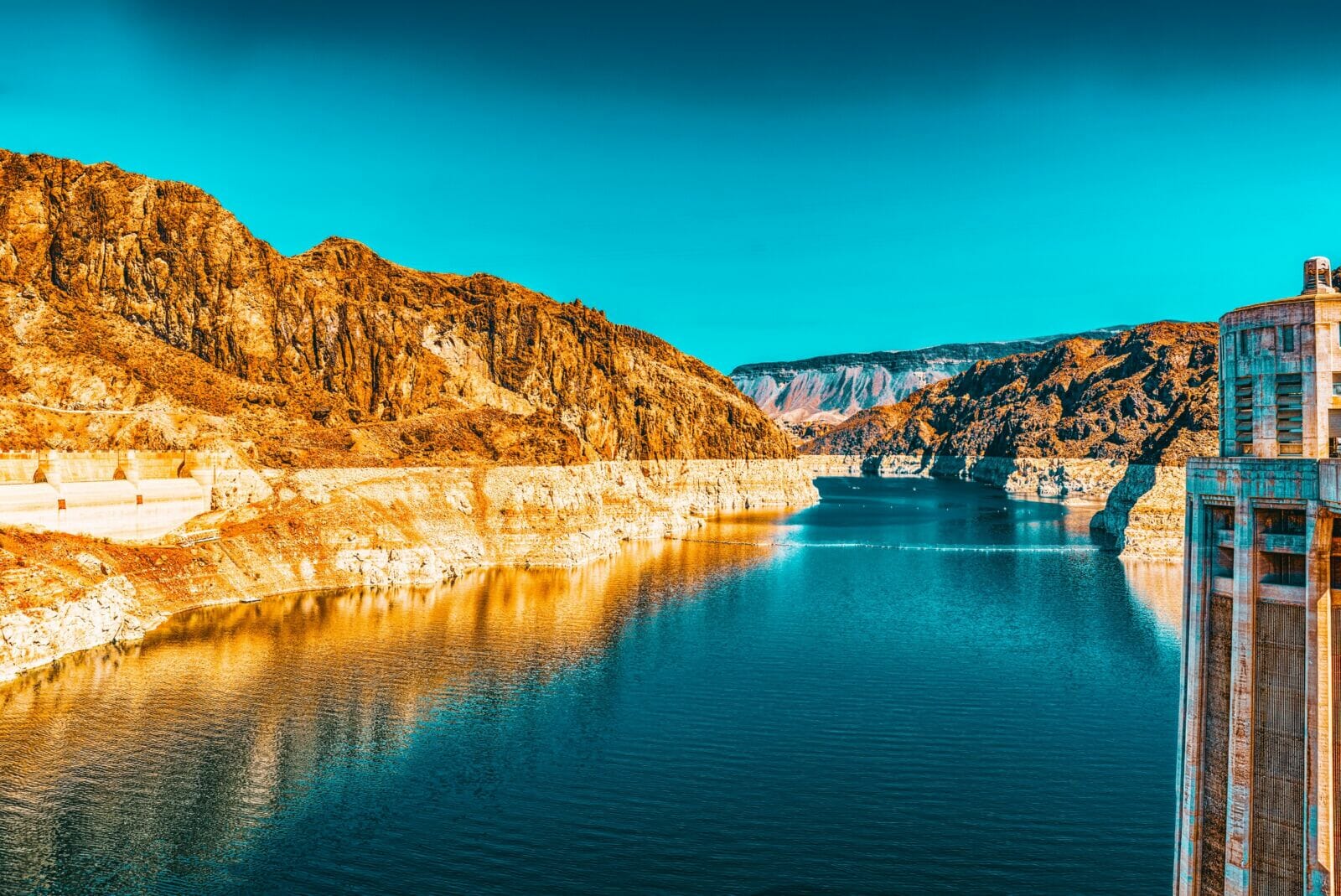Arizona State University and Arizona Gov. Doug Ducey have announced that the university will lead a multiyear Arizona Water Innovation Initiative to provide immediate, actionable and evidence-based solutions to ensure that Arizona will continue to thrive with a secure future water supply.
The governor has committed resources and asked ASU to work with industrial, municipal, agricultural, tribal and international partners to rapidly accelerate and deploy new approaches and technology for water conservation, augmentation, desalination, efficiency, infrastructure and reuse.
“Since the very beginning of my administration, Arizona’s water future has been a focus, and today’s announcement will advance our efforts to use every tool possible to make sure communities across the state have access to the water they need,” Ducey said Wednesday.
READ ALSO: Here’s a look at the future of water in Arizona
READ ALSO: Some fast facts to know about the Arizona water supply
The state will make a $40 million investment in ASU for the initiative, which will build upon and leverage the university’s successful programs in water science, technology, management and law.
“This is a critical innovation moment for water in the state of Arizona, and frankly for all seven basin states who have been sharing responsibility for creating water policy in this region for more than 100 years,” ASU President Michael M. Crow said. “The Arizona Water Innovation Initiative will strengthen water resilience while enhancing economic competitiveness, supporting high-value job creation, and recruiting and retaining leading industries.”
The funding for ASU’s water innovation initiative will serve as an extension of the goals set forth by Arizona’s plan to secure its water future. That plan was set in motion last week with the inaugural meeting of the Water Infrastructure Finance Authority.
“On the heels of our historic legislation to secure our water future, ASU will serve as a force multiplier to enhance our water resiliency,” Ducey said. “Arizona has a great resource in ASU and the leadership of President Michael Crow to respond with force when called upon to advance work that serves the state.”

Given the pressing nature of the water challenges, the Arizona Water Innovation Initiative will be implemented rapidly, with a one-year “innovation sprint,” followed by a four-year implementation and scale-up phase.
The university-wide initiative will be led by ASU’s Julie Ann Wrigley Global Futures Laboratory and will work closely with the Ira A. Fulton Schools of Engineering, the largest engineering college in the country.
Announced in 2020 and opened in 2021, the Julie Ann Wrigley Global Futures Laboratory is a unique, one-of-a-kind asset that exists only at ASU, leveraging the tools and expertise of transdisciplinary research institutes, centers and facilities across ASU to generate new ideas and solve problems.
“We created the Global Futures Laboratory to serve the collective interest of humankind to build something that’s on the scale of a national laboratory in the United States devoted to creative strategies and positive global futures,” Crow said.
“Water resiliency in the arid American Southwest presents subject-matter challenges for which GFL exists, and its purpose is to provide research-inspired solutions of public service.”
The future water supply
Federal partners in the water initiative include the Bureau of Reclamation, the National Science Foundation and NASA; state and local partners include the Arizona Department of Water Resources, Central Arizona Project, Salt River Project and the Arizona Municipal Water Users Association, and both the University of Arizona and Northern Arizona University; industry partners include TSMC, Intel and SOURCE Water, an ASU spinoff company that provides safe, clean drinking water for industrial, commercial, residential and community applications.
The initiative will include a Global Center for Water Technology. The center will advance a full range of solutions, including:
• Technology, policy, law and infrastructure for coastal water desalination.
• Advanced technology for more water-efficient agricultural operations.
• Commercialization and deployment of water treatment and reuse technology that supports energy production and microchip manufacturing.
• New designs for urban water conservation.
This work will impact agricultural, municipal and industrial sectors throughout the state. Once operational, the Global Center for Water Technology aims to produce tangible results — including inventions, patents and related startup companies.
The initiative will also focus on an advanced water observatory and real-time decision support to revolutionize water measurement, modeling and prediction. This would provide the data necessary to identify critical risks, vulnerabilities and capabilities. The observatory will deploy state-of-the-art technology to fully map, monitor and model all of Arizona’s water supplies. This investment will enable ASU to partner with federal and state agencies, local water management agencies, research institutions and the private sector to enhance water security and reduce risks of future water shortages.
The Arizona Water Innovation Initiative will take advantage of the long history of collaboration on water solutions in the state and region. University researchers will work directly with partners across government, industry and nonprofit organizations to ensure cutting-edge research and technology are translated into real-world impact.
“This is an economic and social opportunity for Arizona to emerge as a national and global leader in water innovation, creating entirely new industries and technologies,” Crow said. “The status quo will not solve the problem. This is a critical moment for our institution and for the state, and we have the tools, ideas and systems to be of service.”




